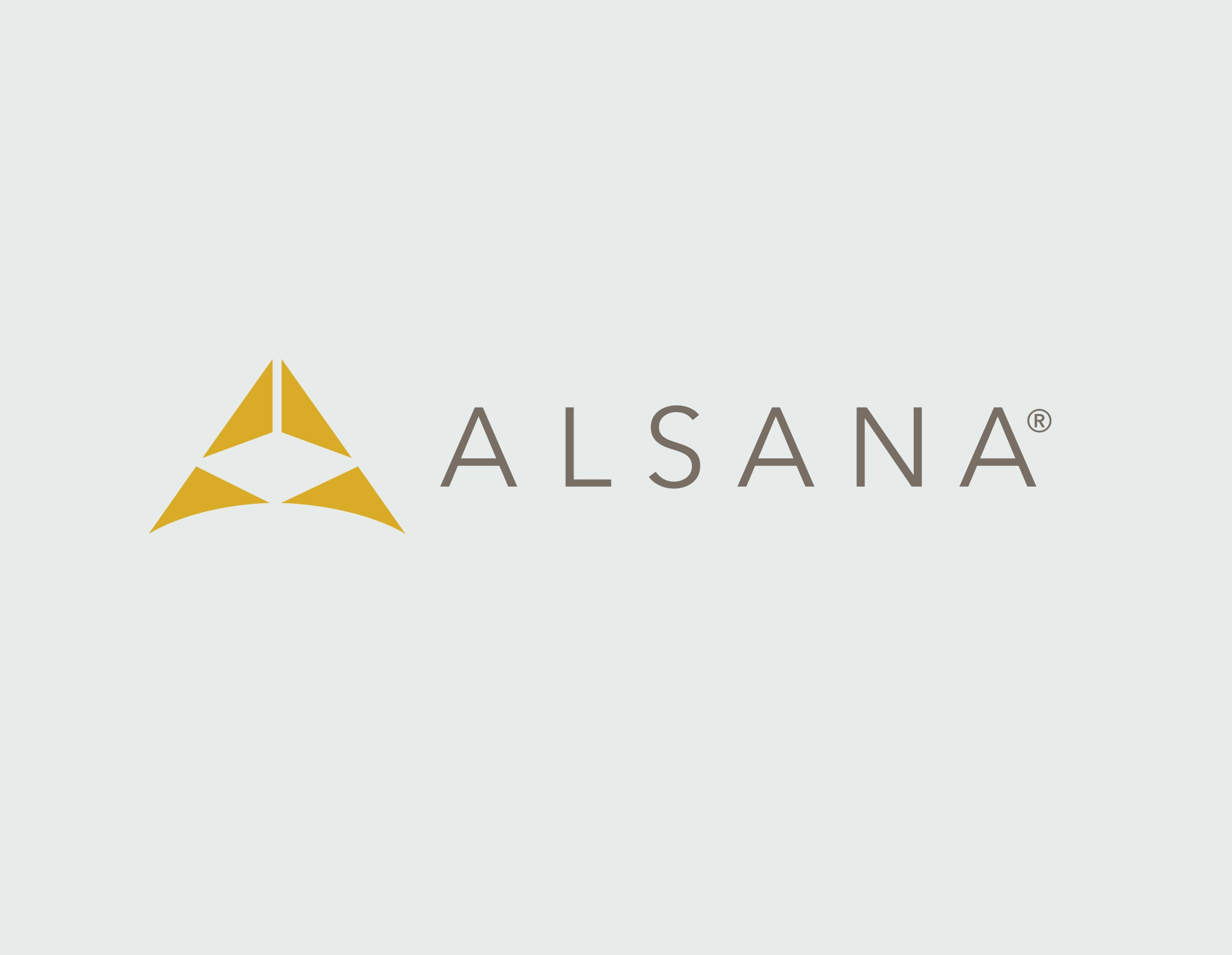ALLERGY OR RIGIDITY? GETTING HONEST ABOUT DIET RESTRICTIONS
Allergy or Rigidity? Getting Honest About Diet Restrictions
People with eating disorders often cut fuel groups to limit their food intake.
With all of the diet trends, allergies, and food fads out there, eating disorder behavior can hide in plain sight more easily than ever. At Alsana, we work with each individual client to help them untangle their food beliefs, dietary restrictions, and nutritional needs.
When Food Restriction Becomes Food Intolerance
I once had a client who insisted that they had a dairy allergy when that wasn’t the case. They did, however, have a dairy intolerance; their body responded poorly to dairy products after many years of restricting this particular fuel (food) group.
This is often the case when it comes to allergies and intolerances in eating disorder recovery.
Many individuals who struggle with an eating disorder cut out fuel groups in an attempt to decrease their daily intake. They develop food rules that create rigidity, and these rules limit the types of food that they can consume on a daily basis. Over time, they come to believe that they are not physically capable of eating these foods, and when they attempt to re-introduce them, their body reacts poorly as my client’s did.
Sometimes this is a result of the anxiety that comes along with challenging a feared food, and sometimes it is our body re-learning how to process these particular proteins or nutrients.
I believe that all foods fit. I don’t believe in “good” or “bad” foods, but recognize that there is a time and place for all types of food, whether it is a salad, broccoli, ice cream, or cake. This is a difficult concept for many people-even those without a diagnosed eating disorder- to understand.
Replacing Rigidity With Variety
In an attempt to decrease rigidity, and provide the proper variety and nutrients for healing, we encourage our clients to eat a variety of foods with the exception, of course, of documented allergies.
Unfortunately, many of our clients have “self-reported” allergies and intolerances that are un-documented, or documented by someone other than a medical doctor. For an individual without an eating disorder, this is probably very confusing.
Why would someone choose to cut out food that they are not truly allergic to? The reasons vary, but some common motivations include:
- It gives the individual a purpose
- It makes the food less complicated i.e. “If I cut it out, I don’t have to think about it”
- They are trying to avoid something bigger (negative emotions, abuse, etc.),
- They are acting in fear (maybe they ate Cheerios when they had the flu and got sick, and now they fear this food or type of food)
- They feel a sense of desperation (for attention, for a quick fix)
How Accurate are Allergy Diagnoses?
Common testing for food allergies include the skin prick test and the serum IgE blood test (not the IgG test). Though these tests are proven to be the most accurate, both can occasionally result in false positives.
It’s important to recognize that a true food allergy causes an immune response, whereas a food intolerance will not result in an immune response.
The most severe immune response caused by food is anaphylaxis, which is when multiple systems in the body have a reaction at the same time. Systems could include: skin, respiratory, gastrointestinal, circulatory, or genitourinary.
If you have previously tested positive for a food allergy, but the test was completed more than three years ago, you need to be tested again. Research shows that we can outgrow our food allergies, especially when they develop in childhood.
At Alsana, we recommend that any individual with food allergies, whether you are seeking treatment for an eating disorder or not, ask yourself the following questions:
- When was my allergy diagnosed?
- Did I ever follow-up with a physician after my diagnosis?
- Did I ever try reintroducing this food into my meal plan?
These are common questions that Alsana RD’s will ask during an initial assessment.
The Other Side of the Coin
While it is common for individuals in treatment for an eating disorder to struggle with challenging themselves to eat the foods on their self-proclaimed “allergy list” based on fears, other individuals may struggle in an opposite way.
Because the food allergy requires one or more foods to be eliminated from daily meals and snacks, this food now becomes “forbidden” even if the reason behind the elimination is a medical diagnosis and implemented for the individual’s safety. A list of “forbidden” or “bad” foods can trigger disordered eating thoughts and a strong desire to rebel against this restriction. For example, an individual triggered by the elimination itself may desire to punish their body for having a food allergy in the first place, and proceed to eat the allergen foods in spite of the consequences.
Allergen free foods may also be avoided simply due to the higher cost of these specialized foods, leading to further restriction which has its own consequences. In both cases, it’s important to point out Alsana’s belief that food is medicine. Just like a new diagnosis of diabetes will require the individual to purchase and take insulin on a daily basis to live, the same holds true for clients diagnosed with one or more food allergies.
Alsana Is Your Eating Recovery Community, As Soon As You Are Ready
Your health and well-being depend on you consuming the fuel that your body needs, which may require purchasing higher cost allergen-free foods to avoid compromising your health and recovery. Whether diagnosed with a food allergy by a physician, or stuck in a pattern of eliminating foods based on self-diagnosed intolerances, Alsana believes that food is fuel, food is medicine and food heals.
If you have further questions regarding how food allergies are accommodated at Alsana, please reach out to our admissions team at: 888-822-8938
References: “Intolerance vs Avoidance: Identifying True Food Allergies”. Presentation given at the Academy of Nutrition and Dietetics FNCE; October 2017.”


We Are Here to Help
Speak to a masters-level assessment specialist for guidance & support Monday–Friday from 6 am–6 pm (PST).

Virtual Treatment Options
Meeting each client where they are on their recovery journey. Virtually.
Our Recommended Articles
Start the road to recovery with Alsana.









